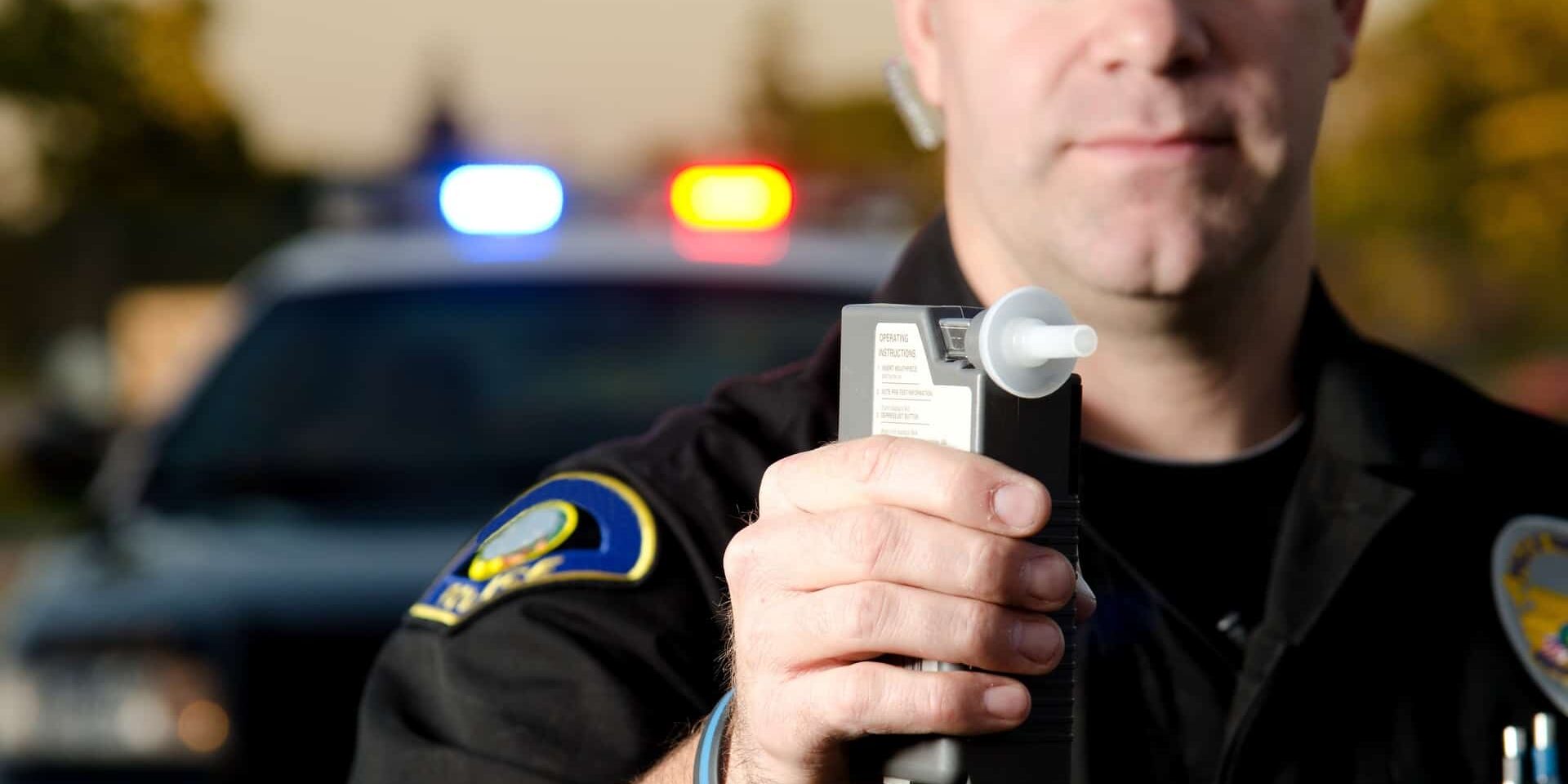Introduction
In Ontario, Canada, the Offender Code describes numerous charges connected to damaged driving. One such charge is "care and control," which describes being in control of an automobile while damaged, even if you're not proactively driving it. Understanding the nuances of care and control charges is essential for both individuals dealing with these costs and lawyers involved in DUI cases. This post explores the complexities of care and control charges in Ontario's Wrongdoer Code, giving insights, descriptions, and expert advice.
What is Treatment and Control?
Care and control, as defined in Ontario's Offender Code, refers to remaining in a setting where you have the capability to set the vehicle in motion or workout dominance or control over it. This suggests that also if you're not proactively driving the vehicle, but are found impaired while having the possible to operate it, you can be charged with treatment and control.
Exploring Care and Control Charges
How are Care and Control Charges Different from Damaged Driving Charges?
While impaired driving charges involve running a vehicle while damaged by alcohol or drugs, care and control costs concentrate on remaining in a setting where you have the possible to operate the vehicle while impaired. The crucial distinction depends on whether you were actively driving at the moment of apprehension.
Can You be Billed with Care and Control if You're Sleeping in Your Vehicle?
Yes, you can be charged with care and control even if you're oversleeping your vehicle while impaired. As long as you have the ability to start the auto and drive away, despite whether or not you plan to do so, you can face care and control charges.
What Occurs if You Refuse a Breathalyzer Test?
Refusing a breath analyzer examination when being examined for care and control can lead to additional charges under Ontario's Crook Code. Rejection may lead to a charge of "failure to provide a breath example," which can carry serious penalties.

What are the Penalties for Care and Control Charges?
The penalties for care and control costs in Ontario differ relying on the conditions and whether it's an initial infraction or subsequent violation. For a newbie DUI infraction, the fines can consist of penalties, license suspension, mandatory education and learning programs, and possibly even imprisonment. Succeeding offenses lug a lot more extreme penalties.
Can You Competition Care and Control Charges?
Yes, it is possible to contest care and control charges with the assistance of a seasoned DUI lawyer. Your legal representative might challenge the prosecution's evidence, doubt the credibility of the apprehension, or suggest that you did not have care and control over the vehicle.
Is Care and Control a Wrongdoer Offense?
Yes, care and control costs fall under criminal offenses in Ontario's Lawbreaker Code. Being convicted of care and control can have resilient effects on your criminal record and future opportunities.
Understanding DUI Laws in Ontario
What Comprises Impaired Driving Triggering Death?
Impaired driving creating fatality takes place when an individual operates a lorry while impaired by alcohol or medicines and triggers the fatality of one more person therefore. This offense carries extreme penalties, consisting of extensive jail sentences.
Can You be Billed with DUI if You're Involved in an Accident?
Yes, if you're associated with an accident while impaired by alcohol or medications, you can be billed with DUI. The intensity of the costs will certainly depend on variables such as injuries sustained by other parties involved and previous convictions.
What Occurs if You're Detained for DUI?
http://over80duinepp411.yousher.com/how-to-win-a-dui-situation-in-toronto-proven-approaches-and-strategiesIf you're arrested for DUI in Ontario, you will be taken into police custody. Your chauffeur's permit might be suspended promptly, pending more examination and court procedures. It is crucial to seek legal representation asap to navigate with the legal process effectively.
How Does a Breath analyzer Work?
A breath analyzer is a device used to determine an individual's blood alcohol concentration (BAC) by analyzing their breath. The tool functions by identifying the ethanol molecules existing in the breath and approximating the BAC based on the concentration of these molecules.
What is the Lawful Limit for Alcohol Consumption and Driving?
In Ontario, the legal limit for alcohol intake and driving is 80 milligrams of alcohol per 100 milliliters of blood (0.08% BAC). If your BAC surpasses this limitation, you can be billed with damaged driving.
What are the Consequences of Drinking and Driving?
The consequences of drinking and driving in Ontario can be extreme. They consist of criminal costs, fines, certificate suspension, obligatory education and learning programs, higher insurance policy prices, and prospective imprisonment.
Seeking Lawful Assistance
If you locate on your own encountering care and control or other DUI https://arrestedfordrivingwhiledrunkmddr645.hpage.com/post1.html charges in Ontario, it is important to look for legal aid from a reliable DUI law firm. A competent DUI lawyer can offer experienced guidance, guide you via the lawful procedure, and work towards accomplishing the best possible result for your case.
Conclusion
Exploring care and control charges in Ontario's Lawbreaker Code sheds light on a crucial element of impaired driving offenses. Recognizing the ramifications and repercussions of care and control fees is vital for people involved in DUI cases. By looking for expert legal advice and staying educated about DUI laws, individuals can navigate through such fees better. Remember, constantly focus on safety by staying clear of impaired driving and making liable options on the road.